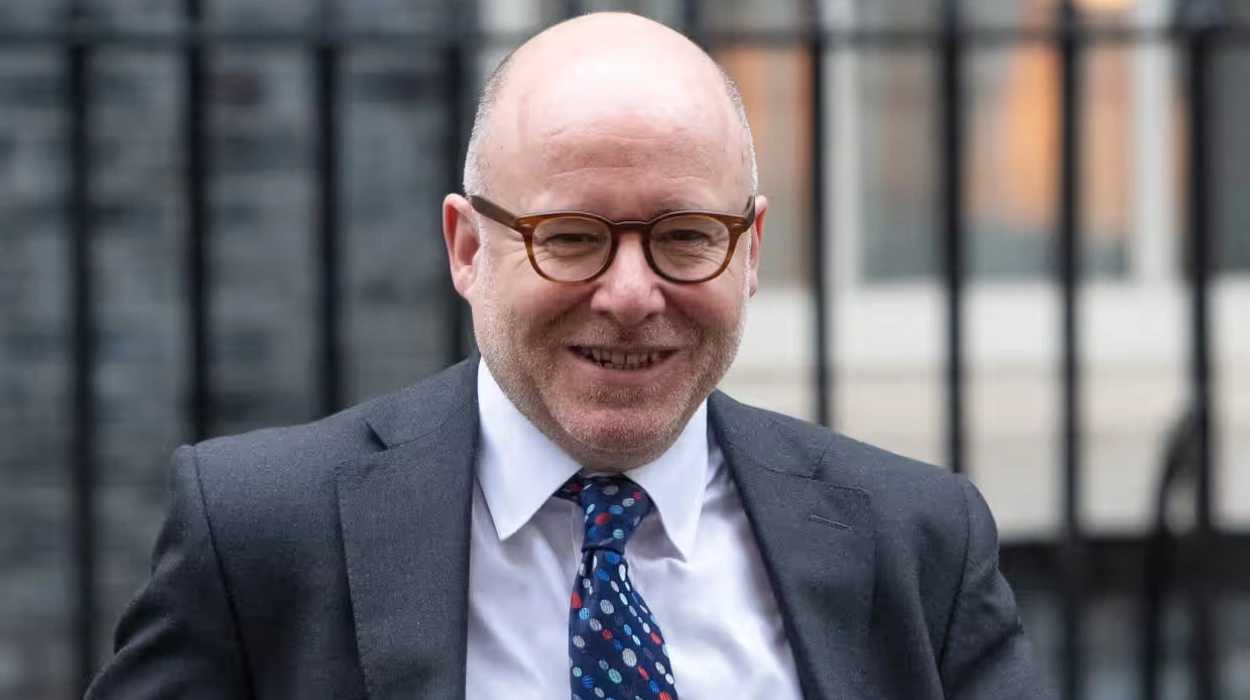UK (Parliament Politics Magazine) – UK lawyers warn that personal attacks on Attorney General Richard Hermer damage the justice system and weaken confidence in the rule of law.
As reported by The Guardian, prominent lawyers have slammed the harsh and personal criticism of the attorney general, arguing that it is undermining confidence in the legal system.
What did former legal chiefs say about attacks on Richard Hermer?
Two ex-Bar Council leaders and two former Law Society heads have condemned the backlash against Mr Hermer, arguing in a letter to The Guardian that their actions threaten the integrity of the justice system.
In their backing of Mr Hermer, four legal experts argue that public confidence in the legal system and the rule of law faces a threat.
A letter endorsed by former Bar Council leaders Stephen Hockman and Sam Townend, along with ex-Law Society presidents Christina Blacklaws and I. Stephanie Boyce, has criticised the deeply personal and “venomous attacks” against Hermer and fellow lawyers.
The letter highlights that lawyers advocate for cases based on law, not personal views, whether defending or opposing the government. It condemns any claims suggesting otherwise, warning that they inflict significant damage on both society and the judiciary.
What did the letter say about threats to the rule of law?
The letter stated,
“They are undermining the rule of law and opening a path towards a society in which the public no longer trusts the legal system or the individuals who participate in it.
It continued,
“The fact that such developments are becoming more widespread around the world makes it all the more crucial that we should uphold the rule of law in our own country.”
Why has Richard Hermer faced criticism over his legal career?
Mr Hermer has come under fire in the press for representing controversial figures in court, including Islamist terrorist Abid Naseer, who was convicted of planning a Manchester shopping centre assault.
He faced backlash for acting as legal counsel for ex-Sinn Féin leader Gerry Adams and defending Phil Shiner, who the solicitors’ regulator scrutinised.
Opponents, including Labour MP Graham Stringer, have raised concerns over Hermer’s alleged conflicts of interest. He has not stated whether he has stepped back from discussions on matters linked to his former clients, like repealing the Legacy Act, which might lead to compensation for Adams and other Irish Republicans.
How have Hermer’s allies defended his legal career?
Supporters of Hermer stress that over three decades in law, he has represented a wide range of clients, such as a British soldier killed by IRA militants, injured service members from the Iraq war, participants in government trials at Porton Down, and victims of the Grenfell Tower disaster.
While defending the attorney general, his allies quoted David Wolfson, a former Tory shadow attorney general, who argued that the rule of law guarantees everyone the legal right to a defence, no matter the severity of the accusations. He remarked that just as surgeons are not judged by their patients or journalists by their interviewees, lawyers should not be judged by their clients.
Many of the attacks on Hermer appear to stem partly from his political stance and a strong belief that international law should take precedence. Opponents argue that prioritising a legal approach over power dynamics is misguided in today’s world. Labour peer Maurice Glasman described him as an “arrogant, progressive fool” and urged that he be sacked.
What did the prime minister’s spokesperson say about Hermer’s future?
A government representative said that Keir Starmer fully supports his attorney general.
Mr Starmer defended Richard Hermer, stressing that in Britain, legal representation is a fundamental right and a lawyer’s role is not to endorse but to defend their clients.
However, the official spokesperson refrained from clarifying whether he will remain in his role until the end of the parliamentary term.

